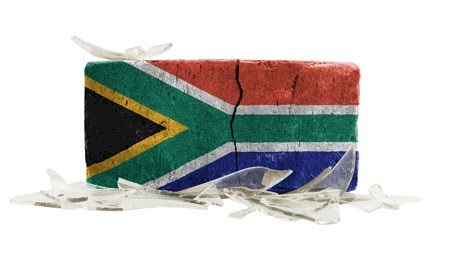Xenophobia, service delivery protests, vandalised statues, rising crime – South Africa is facing unprecedented levels of unrest at the moment. What does this mean for the local property market?
South Africa currently appears to be beset by challenges across the board. While disturbing images of xenophobic violence and vandalised statues are aired across the globe, thousands of individuals and companies try and work their way around long bouts of load shedding, rising costs, crime, a faltering Rand and the possibility of yet more labour unrest.
Magnus Heystek, the well-known founder and executive chairman of Brenthurst Wealth Management shared his views with Private Property on the challenges facing South Africa and what they potentially mean for the property market.
“South Africa is currently in the midst of a perfect storm of its own making. Years of lacklustre growth fuelled by political mismanagement and corruption, a slowing commodity cycle and high unemployment are finally catching up with us. It was bound to happen and the events that we see unfolding now are merely symptomatic of the country’s serious underlying issues.
“Of course these issues don’t bode well for investment prospects. Security, stability, land rights, the potential for a return on investment, a reliable power supply and the general socio-economic climate are all factors investors carefully consider before investing in a country. As things stand, the balance of these factors are not stacked in South Africa’s favour.
“While much has been said about the impact these challenges have had and are having on business investment, the effect on the property market has been less pronounced which could be attributed to the fact that it takes time for socio-economic events to filter through to the property market. The fact that many would-be property investors quietly come and go without making themselves known also plays into this equation.”
Heystek explains that overall, investor appetite for South African property appears to be decreasing. He attributes this in part to the general decline in confidence in the country as well as a number of other factors.
“For instance, the near-collapse of municipal services in certain towns across the country is impacting the desirability of properties in these areas. Significant increases in rates and taxes over the past few years and abuse of the Prevention of Illegal Eviction from and Unlawful Occupation of Land (PIE) Act by tenants has also made property a less attractive investment vehicle.”
That said, it’s not all bad news says Heystek who explains that there are still nodes where property is performing very well. For instance, he says there are numerous estates where property is in high demand. He adds that retail investment in certain townships is also proving profitable and pockets of the Western Cape are performing exceptionally well on the back of sound legislation, management, tourism and trade.




